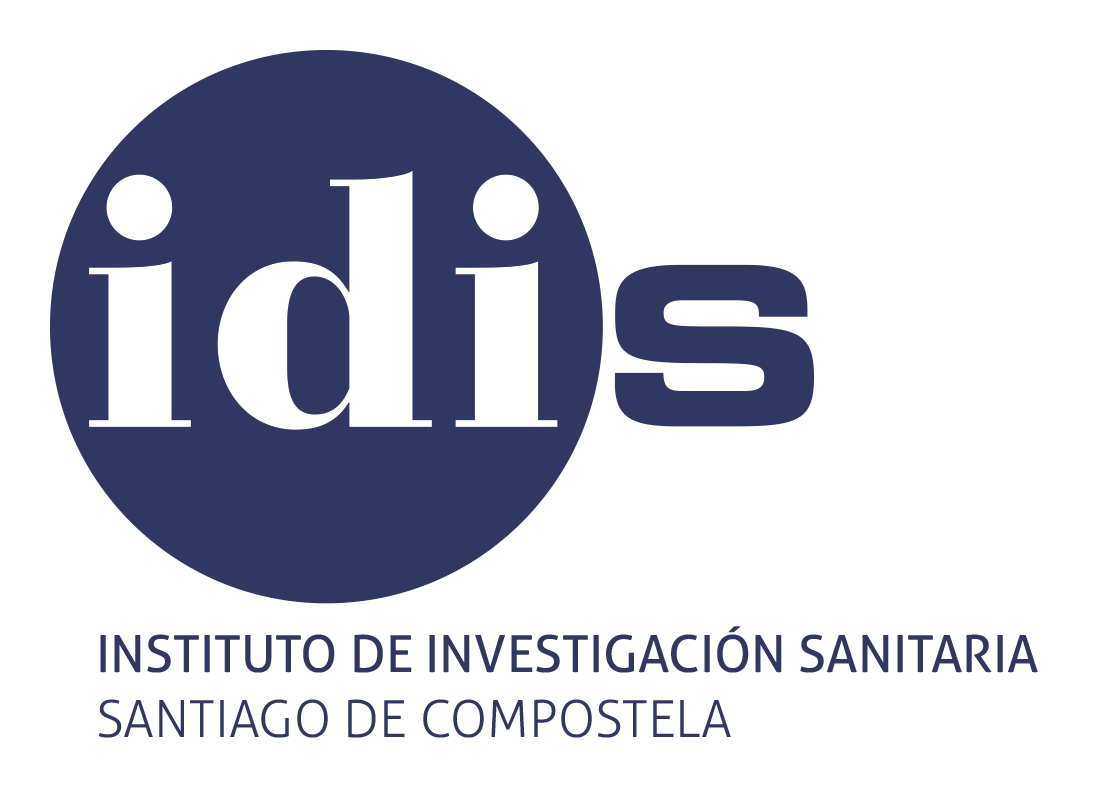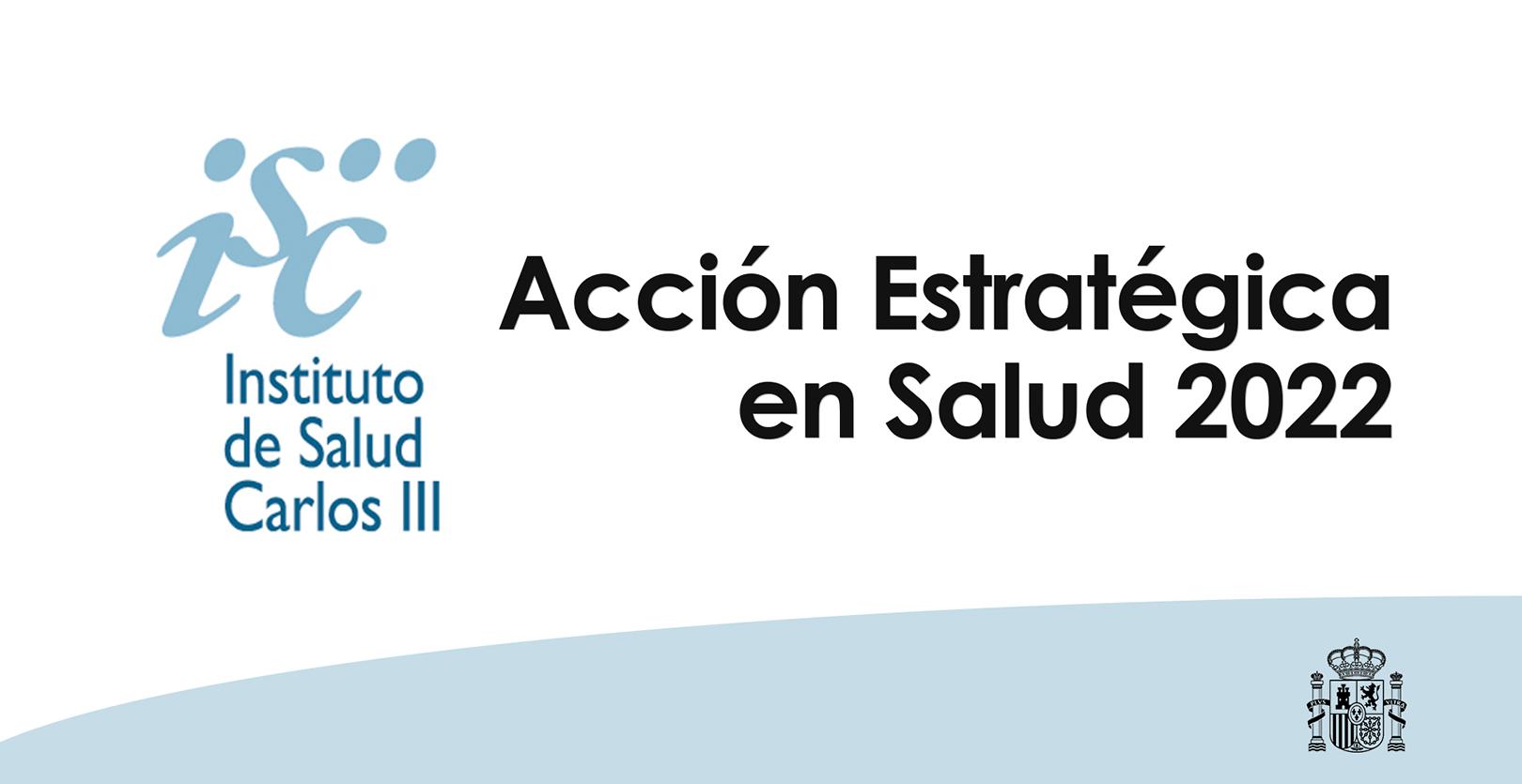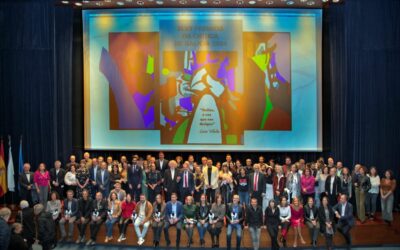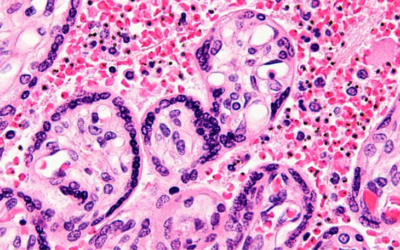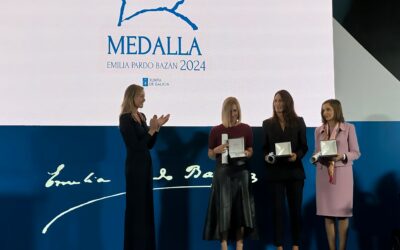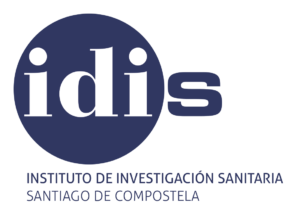The Strategic Action in Health (AES) has this year more than 144 million euros to finance biomedical and health research in Spain, thanks to the contribution of the General State Budget and European funds.
The Official State Gazette (BOE) publishes all the details of this program of the Carlos III Health Institute (ISCIII), dependent on the Ministry of Science and Innovation, through which grants are awarded for carrying out contracts and research projects . The objective of the AES is to promote the development of R&D&i in health in Spain and increase the stability of the professional career of its research community.
In addition, for the performance of health research contracts and projects, the AES 2022 includes various ordinary calls for aid, to which must be added extraordinary calls linked to the Vanguard Health PERTE, such as those for Infrastructures and Precision Medicine.
The AES 2022 intends with the new call to consolidate independent clinical research projects; stabilize the research career through modifications in certain contracts; expand the research groups in the CIBER Consortium, and reformulate the technological development projects in health to guarantee a true transfer of knowledge.
The 15 ordinary calls included in the AES 2022 are distributed in three state programs: the State Program to Develop, Attract and Retain Talent; the State Program to Promote Scientific-Technical Research and its Transfer, and the State Program to Address the Priorities of Our Environment. These three state programs have subprograms in which the different calls for aid, contracts and projects are framed, which this year include novelties in contracts such as the Sara Borrell and the Miguel Servet, and in projects such as those called Research (I+D+I ) in health.
Check the calendar with all the deadlines to apply for these grants: AES 2022 Calendar
Calls for applications
The calls for contracts and projects included in the AES 2022 are the following:
State Training Subprogram (State Program to Develop, Attract and Retain Talent):
- Predoctoral training contracts in health research, in its two modalities (PFIS and i-PFIS): These fellowships finance contracts for the initial training of researchers in health sciences and technologies.
- Training grants in health research management (FGIN). These grants facilitate the development of a plan of training activities in research management in health sciences and technologies to be carried out at the ISCIII.
- Rio Hortega contracts. Intended for the hiring of professionals who have completed the period of specialized health training, for the development of a training plan in research in health sciences and technologies that combine this activity with the assistance activity corresponding to their specialty, thereby promoting the incorporation of young researchers into the Spanish Science, Technology and Innovation System (SECTI).
- Sara Borrell Contracts: Its purpose is the hiring, in centers with clinical-assistance activity, of newly graduated doctors in the field of health sciences and technologies, to improve their training. Once again, these contracts promote the incorporation of young researchers into SECTI. In the AES 2022 these contracts become part of the Training Subprogramme, instead of belonging to the Incorporation Subprogramme, as was the case until now.
State Incorporation Subprogram (State Program to Develop, Attract and Retain Talent):
Health research management contracts at Health Research Institutes (IIS). These grants are aimed at financing contracts within the Health Research Institutes that can collaborate in their usual tasks.
- Miguel Servet contracts, in its two modalities (Miguel Servet and Miguel Servet type II). These contracts are intended for doctors with an accredited research career in clinical-care centers, who are also granted additional funding to carry out their research activity. Additionally, additional funding is established for the center in the event that it commits to the creation of a stable job once the financing of the contract ends, without prejudice to the elements of access to that position that each entity proposes in accordance with the applicable regulations. As a novelty in the AES 2022, the duration of the funding for these contracts is divided into two phases: a first, with a minimum duration of 3 years to strengthen the skills acquired during a first stage of postdoctoral training, and a second, with a maximum duration of two years, aimed at acquiring the skills and abilities that allow obtaining a stable position.
- Juan Rodés contracts. This contract modality aims to allow the beneficiary centers to hire research personnel who are integrated into the healthcare flows of the center itself, devoting a minimum of 50% of their activity to research, always under the umbrella of the Health Research Institutes (IIS ).
- Contracts for the intensification of research activity in the National Health System. These are subsidies aimed at hiring professionals who can carry out the care activity of principal investigators of Research Projects or International Joint Programming Projects awarded in the AES 2019 or 2020 calls, with the aim of helping the beneficiary center to the care activity carried out by researchers with clinical obligations does not have an impact on the development of care flows.
- Contracts for bioinformatic technical personnel to support research in the IIS. These contracts are aimed at professionals who carry out scientific-technical activities in the Health Research Institutes (IIS) aimed at offering bioinformatics services to all the research groups of the Health Research Institutes (IIS).
State Mobility Subprogram (State Program to Develop, Attract and Retain Talent):
Grants for the mobility of research staff, in its two modalities (M-BAE and M-AES). These help finance stays for research staff with a contract subsidized by the AES, in national or foreign R&D centers, or in Severo Ochoa Centers of Excellence and María de Maeztu Units of Excellence.
State Subprogram for the Generation of Knowledge (State Program to Promote Scientific-Technical Research and its Transfer):
R&D projects in health. Grants aimed at financing stable lines of research, avoiding the fragmentation of groups, encouraging the participation of research personnel who carry out care tasks in the National Health System as principal investigator of projects, and helping in the generational transition of lines of research directed by senior research staff towards young research staff, among other issues. These projects change their name this year and are now called Health R&D&I Projects with a single action.
State Knowledge Transfer Subprogram (State Program to Promote Scientific-Technical Research and its Transfer):
Technological development projects in health. Grants for the same purpose as PIs, but aimed at promoting market-oriented translational research. This year these projects are published in two modalities: the Proof of Concept Projects and the Prototype Technological Validation Projects.
Independent clinical research projects. Aimed at answering clinical questions of high value for the health system, but without commercial interest for third parties. In 2022, the consolidation of the financing of this project modality continues.
Incorporation of new groups to the Network Biomedical Research Center Consortium (CIBER). The incorporation of a total of 16 research groups distributed among 7 CIBER areas is convened, with the incorporation of the Multiple Sclerosis descriptor being of particular relevance.
State Internationalization Subprogram (State Program to Address the Priorities of Our Environment):
International collaboration projects. Until now they were called International Joint Programming Projects; As already happened in the AES 2021, they will be financed through direct concession.
Throughout 2022, in addition to the AES2022 and under its umbrella, a series of calls will be launched with financing from European funds and linked to the Vanguard Health PERTE and will be detailed in the coming weeks.
On the other hand, the AES 2022 includes priority areas for the granting of grants, contracts and projects, in line with the provisions of the State Plan for Scientific and Technical Research and Innovation, they are the following:
Health throughout the entire life cycle, with a special focus on vulnerable populations and groups that require actions to promote greater equity and reduce social and gender inequalities in health.
Environmental and social determinants of health.
Infectious Diseases and Global Health.
Digital health.
Improvement of health systems, with special attention to their sustainability and relationship with socioeconomic factors.
Within the framework of these areas, the priority research lines of the AES 2022 call are the following:
Molecular and cellular technologies in health, focused on greater transfer to clinical practice.
Translational research to increase knowledge of the mechanisms involved in the disease and the search for clinical applications, serving the most needy social groups.
Promotion of research in public health, environmental health, occupational health and improvement of health services.
Research in medicines and health products.
Research in health technologies. Check here the complete Call: Call_AES 2022
